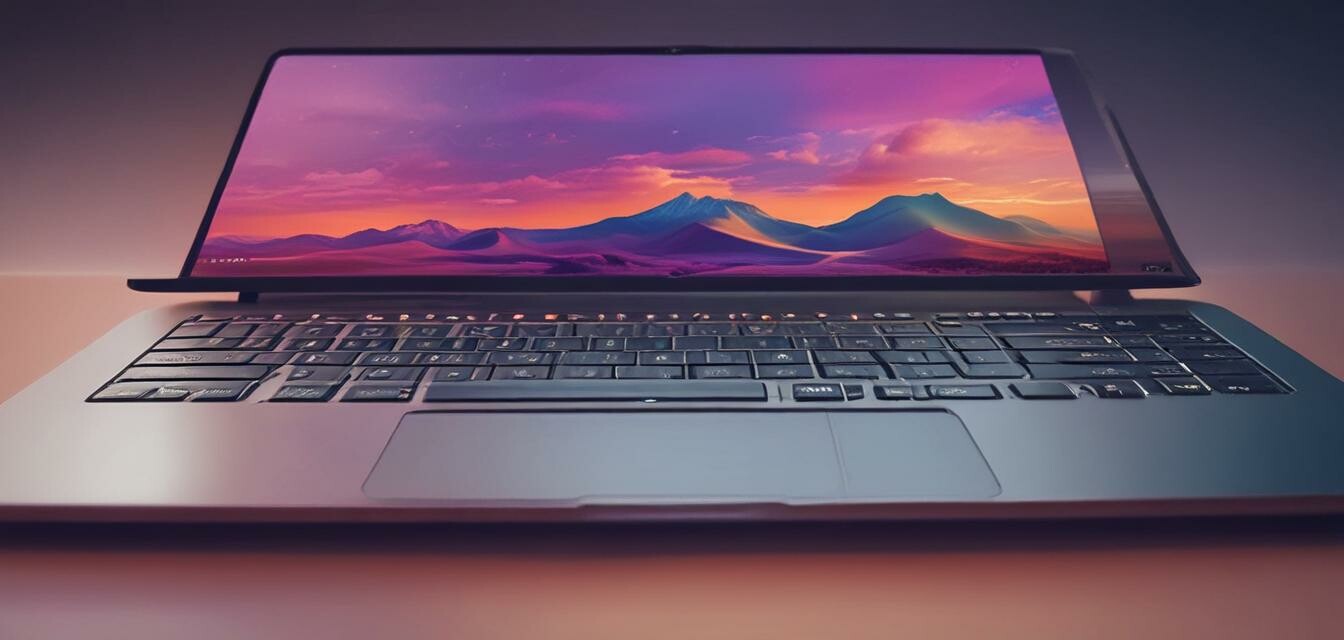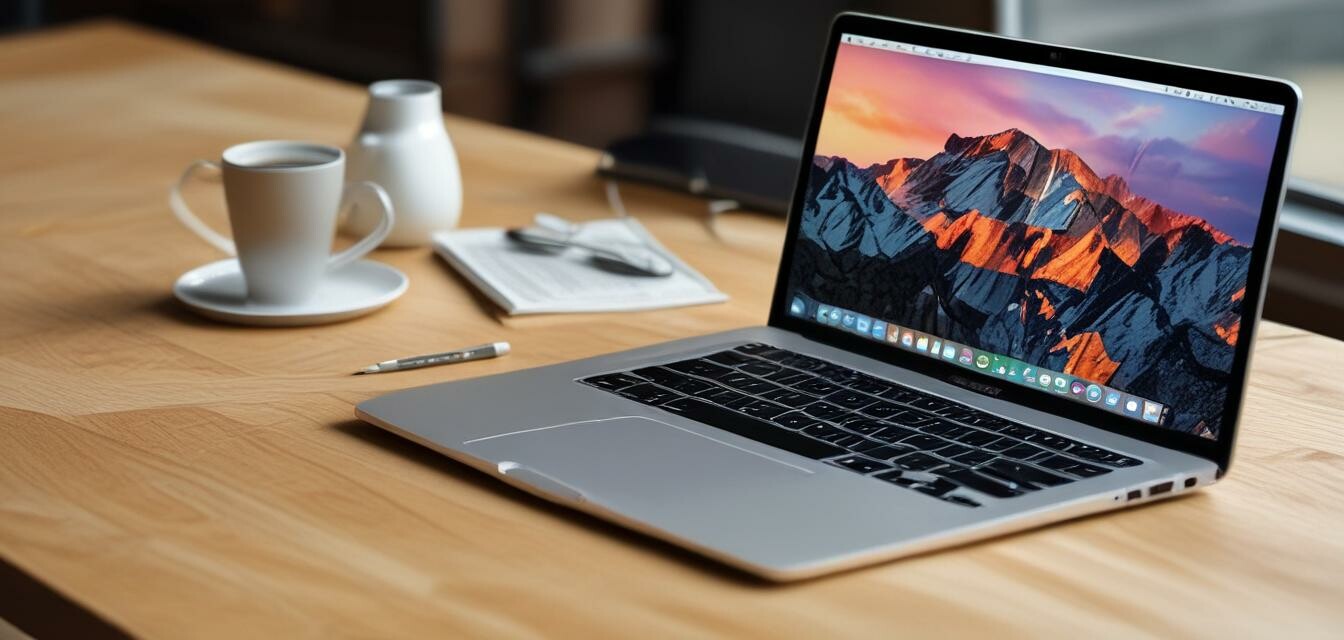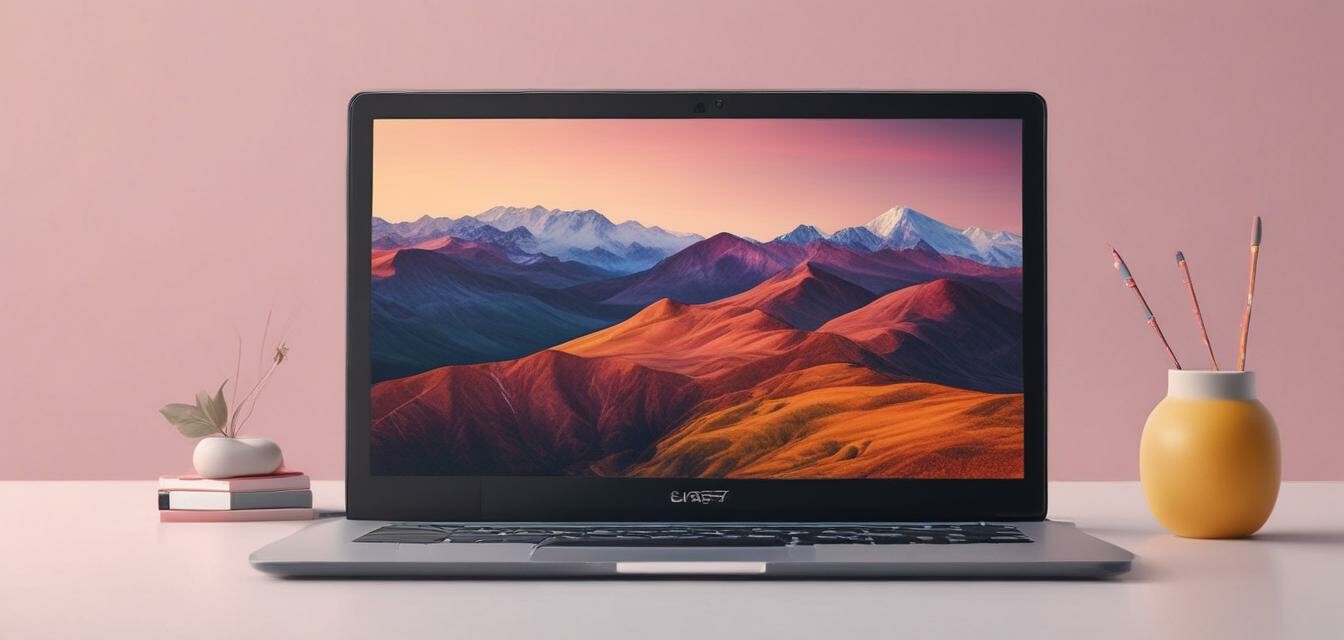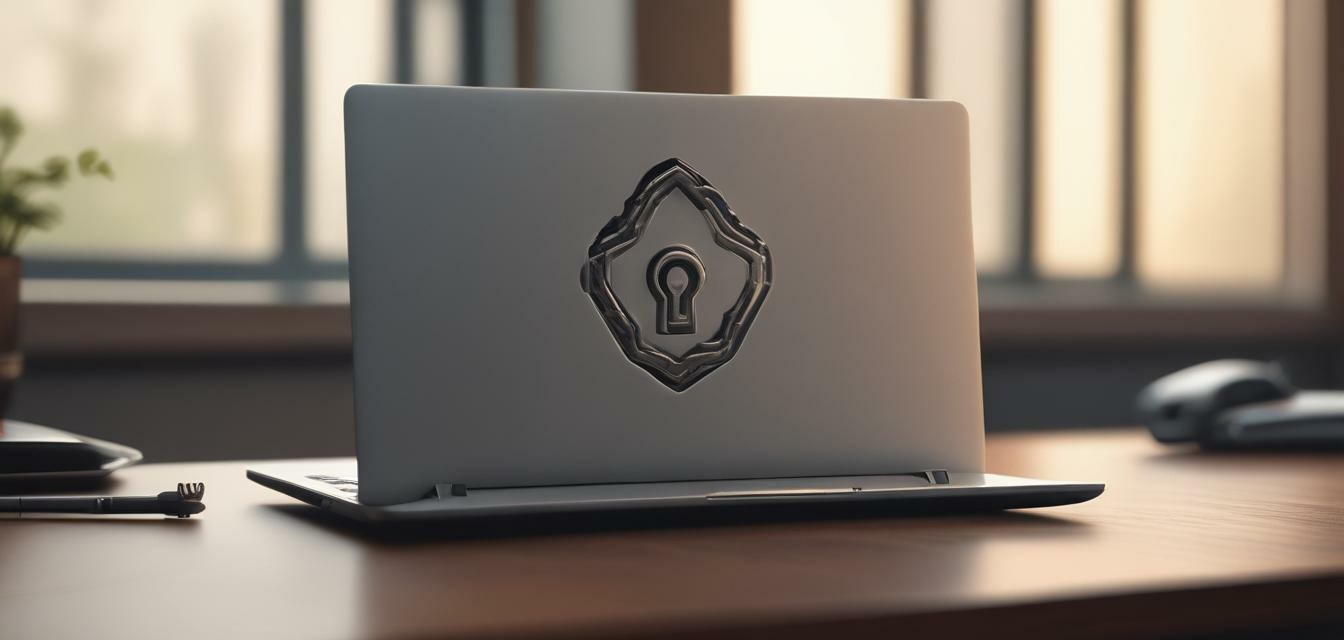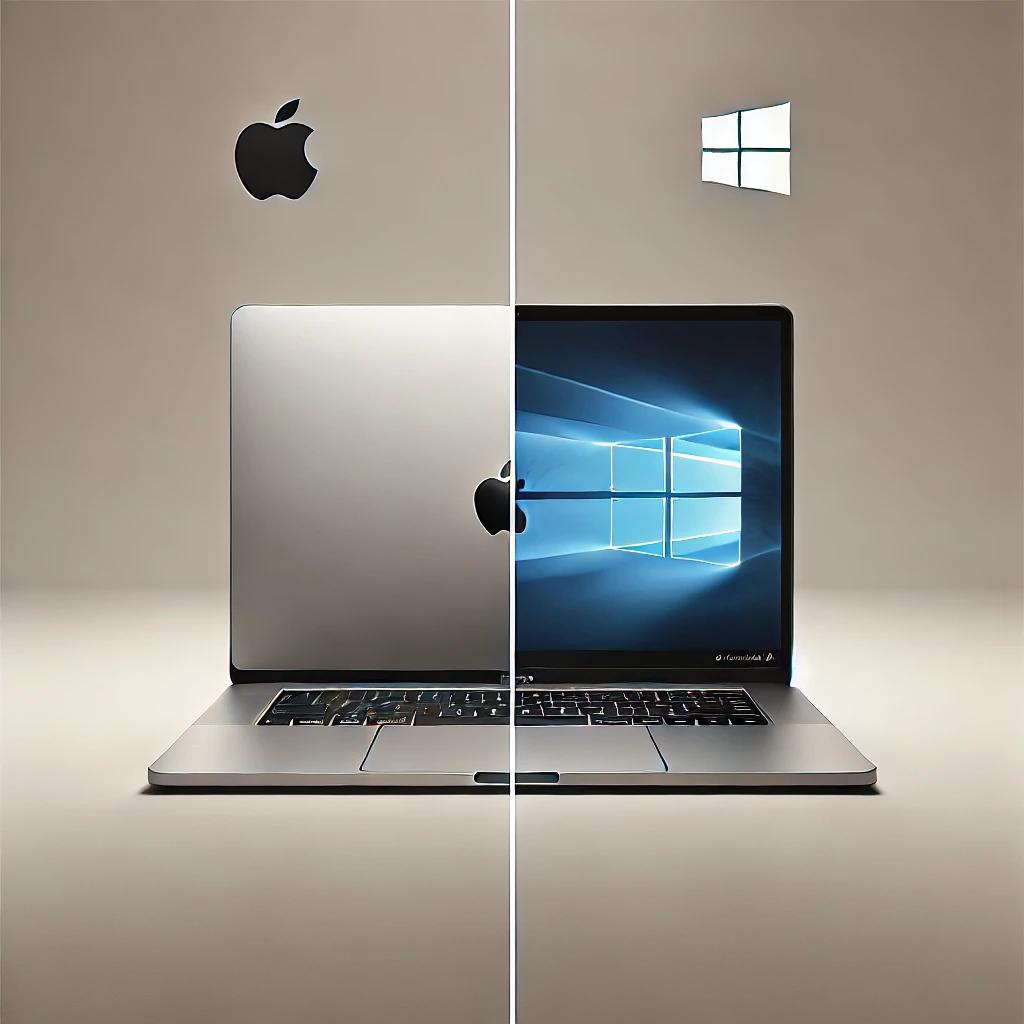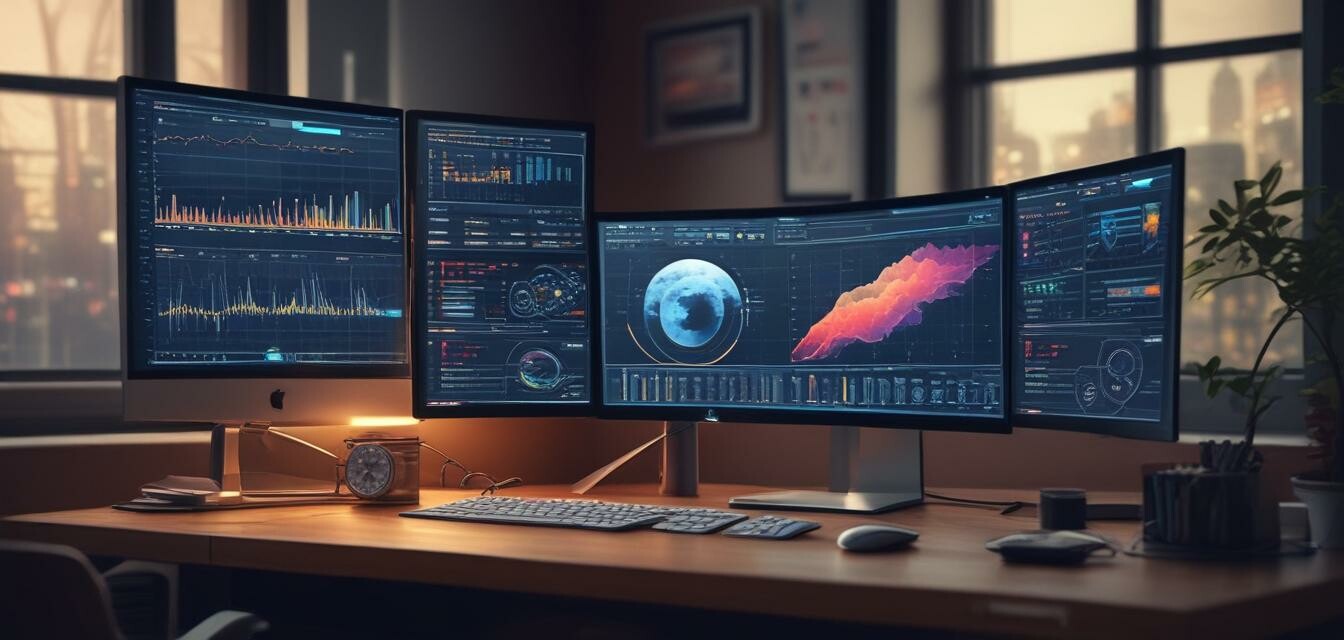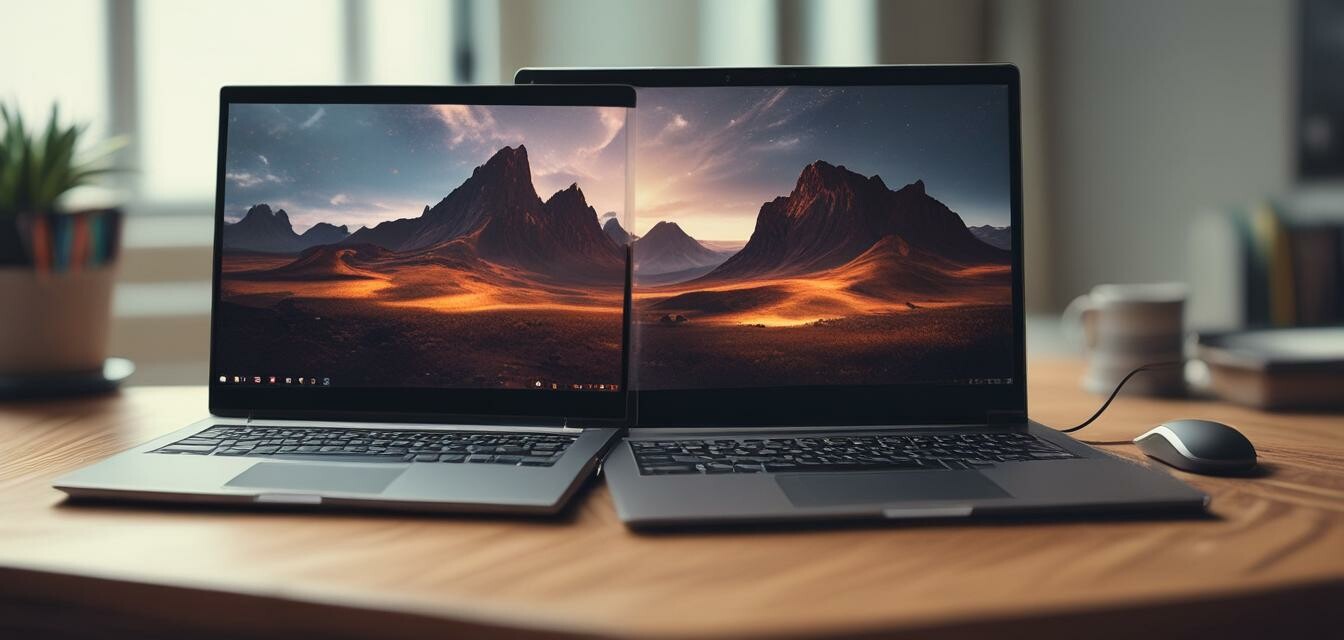
Desktop vs. Laptop PCs
Key Takeaways
- Desktops typically offer more power and upgradeability than laptops.
- Laptops provide portability and flexibility for users on the go.
- Both have distinct use cases that cater to different needs.
- Price can vary significantly; generally, desktops can be more cost-effective.
- Consider factors such as space, performance, and usage when choosing between the two.
When it comes to choosing a computer, the decision often boils down to two main options: desktops and laptops. Understanding the pros and cons of each can greatly help in making the right buying decision. In this article, we’ll dive deep into the strengths and weaknesses of desktop PCs versus laptop PCs, shedding light on what’s best for different user needs.
Understanding desktop PCs
Desktop PCs are designed to be stationary, providing a robust computing experience with various customizable options. Here are some key features:
- High performance potential
- Better upgradeability
- Larger screens and better graphics capabilities
- Cost-effective for high performance
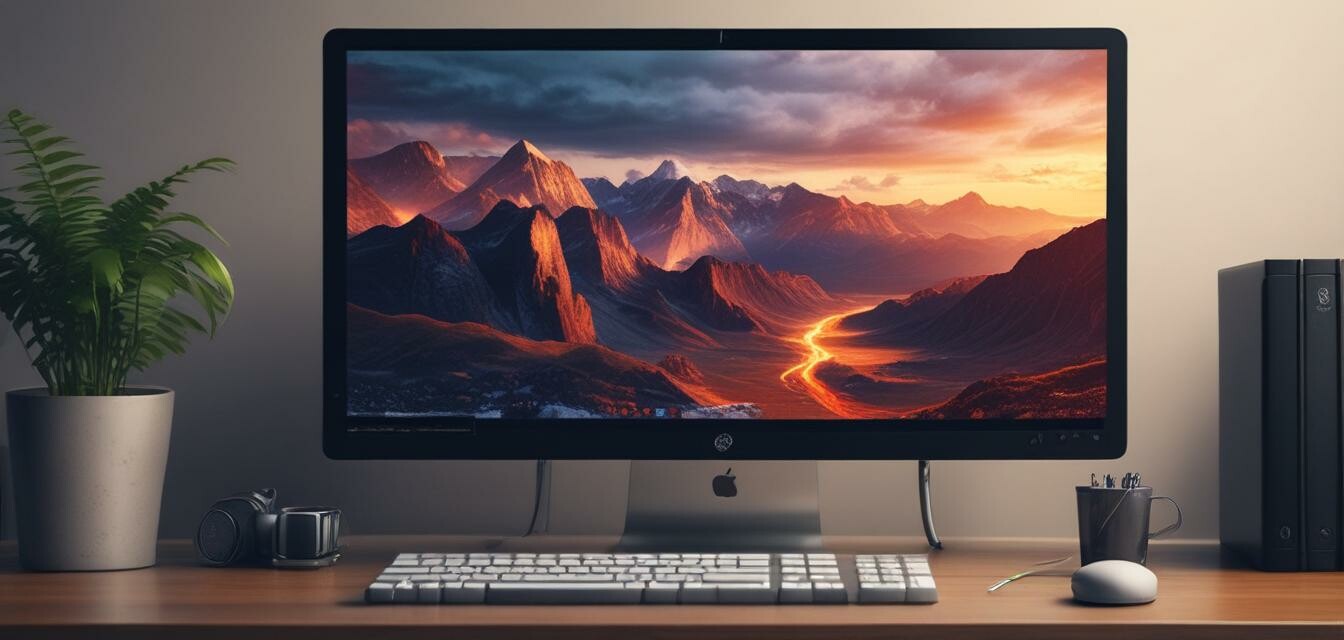
Pros and Cons of desktop PCs
Pros
- Enhanced performance for software-intensive tasks
- More upgrade options (graphics, memory, storage)
- Better ergonomics with external monitors
- Generally cheaper for comparable power
- No need for battery management
Cons
- Lacks portability; cannot be moved easily
- Requires ample workspace
- More prone to cable clutter
- Less energy-efficient due to always being plugged in
Understanding laptop PCs
Laptops bring the functionality of a PC in a portable format. They cater to users who prioritize flexibility and on-the-go computing.
- Compact design with built-in components
- Variety of screen sizes for different user needs
- Battery-powered, allowing for mobility
- Typically equipped with wireless capabilities
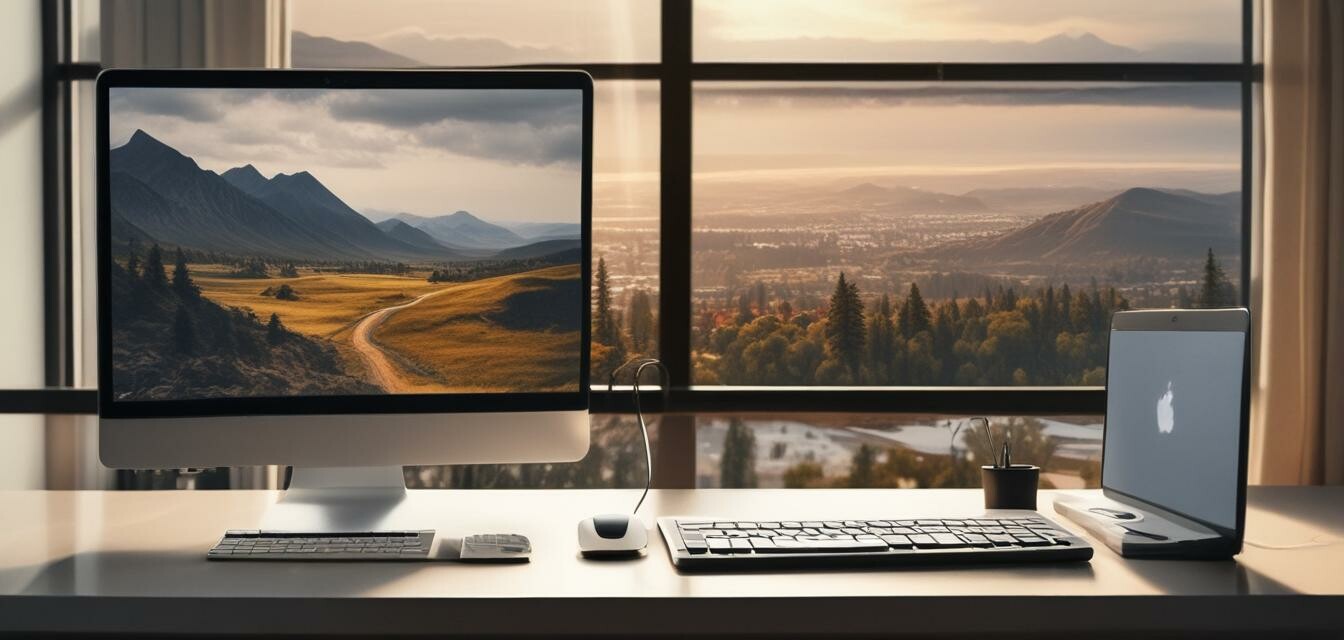
Pros and Cons of laptop PCs
Pros
- Highly portable and lightweight
- Battery-operated; runs without a power source
- Seamless wireless connectivity
- Integrated components reduce space requirements
- Suitable for users who travel frequently
Cons
- Limited upgrade options compared to desktops
- Higher price for similar specifications
- Battery life can be an issue during heavy use
- Smaller screens can strain visibility
Comparison table: Desktop vs. Laptop
| Feature | Desktop PCs | Laptop PCs |
|---|---|---|
| Performance | Higher performance options | Moderate performance depending on model |
| Portability | Stationary | Highly portable |
| Price | Generally more cost-effective | Can be more expensive |
| Upgradeability | Easily upgradeable components | Limited upgrade options |
| Use Cases | Gaming, graphic design, and heavy tasks | Everyday use, on-the-go tasks, light gaming |
Which is right for you?
The choice between a desktop and a laptop really depends on your unique needs. To summarize, consider the following:
- If you prioritize performance and upgradeability, a desktop PC might be the better option.
- If you need flexibility and portability for work or travel, a laptop will suit you better.
- Think about the amount of space you have. If you work from home and have a dedicated workspace, a desktop might be ideal. If space is limited, a laptop will be easier to store.
- Lastly, consider your budget. Desktops can often provide better performance for the money, while laptops demand a premium for their portability.
Conclusion
Both desktops and laptops come with their own set of advantages and disadvantages. The decision ultimately caters to how you choose to use your computer. By understanding your specific needs, you'll be better equipped to make an informed decision.
Tips for Beginners
- Define your primary use case before buying.
- Explore different brands and models to find the best fit for you.
- Check for reviews of budget laptops if you're on a tight budget.
- Don't overlook warranty and support options.
- Consider future proofing your device for better longevity.
